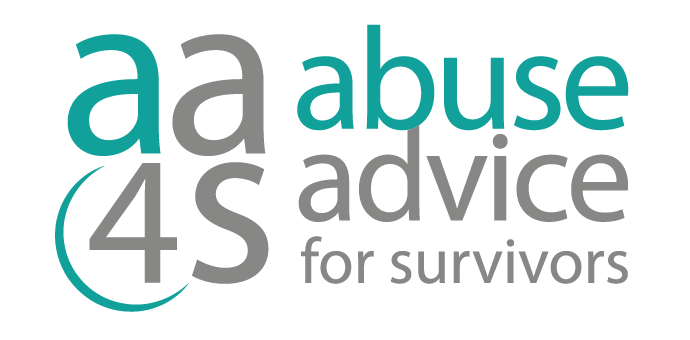The abuse usually begins with grooming and progresses to emotional, physical, or sexual abuse. Child abuse, on the other hand, can be any sort of cruelty directed at a child, defined as anyone under the age of 18.
Abuse can occur anywhere, from the child's own home, to a residential care home, to the care of any public body or institution, to the pursuit of a sport hobby or past-time, or in any cloistered setting where an adult can be alone with a child..
The consequences of abuse are frequently catastrophic, lasting a lifetime, and involve a wide range of physical and mental symptoms that are too many to list in a single line. Further information on the typical impacts can be found on any of our subpages;
We sue the following:-
- Individual abusers (typically family members or acquaintances),
- employers,
- foster parents,
- operators of children's homes and schools, social services departments that placed children in care or failed to safeguard children who were abused at home,
- government bodies
- religious institutions
- charitable organisations
- gangs of criminals.
Why do children remain silent?
Because they
- are threatened with violence if they do
- are scared that no one will believe them
- are ashamed or embarrassed
- feel they are to blame for the abuse
- have been told that a sibling, pet, or loved one would be hurt
- don’t always have the words to describe or explain the abuse
- don’t understand what is happening to them is wrong
- want to protect the family, or even the abuser(s)
- “love” the abuser and don’t want to lose the good parts of the relationship.
- feel powerless to stop the abuse.
Because they
- are under threat of violence If they do,
- are afraid that no one will believe them;
- are ashamed or embarrassed because they believe they are at fault for the abuse;
- have been told that a sibling, pet, or loved one will be harmed;
- do not always have the vocabulary to express or explain the violence.
- don't realise what is happening to them is wrong
- want to protect the family, or even the abuser(s) s
- "love" the abuser and don't want to lose the good parts of the relationship.
- feel helpless to halt the abuse.
Time Delay
We understand why individuals procrastinate and constantly keep this in mind when taking on new clients.
We also recognise that disclosure can be a long and unpleasant process.
The majority of our clients range in age from their late twenties to retirement. It is not uncommon for any survivor of abuse to experience all or some of the circumstances that cause delay.
The law tries its utmost to allow for temporal delays, as long as evidence of the abuse may still be presented to a Court of Law. This frequently begins with merely the victim's or survivor's version of events. It is our responsibility to gather additional proof to back it up, with assistance from a variety of sources.
Individual abusers, their employers, foster parents, operators of children's homes and schools, social services departments that placed children in care or failed to safeguard children being mistreated at home, religious organisations, and charitable foundations are also targets of our lawsuits.










